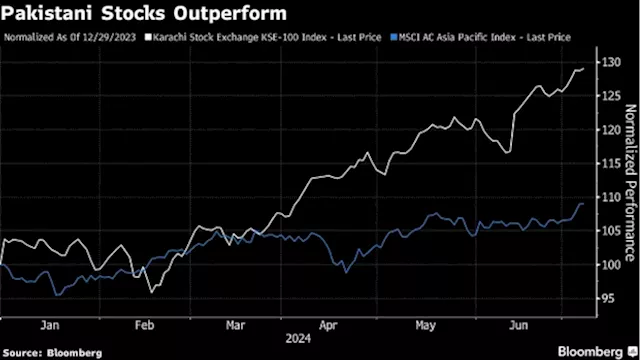Indexing has become a major global financial force as a form of passive investment that aims to match the market rather than beat it. And in doing so, it has raised the ire of some of the world’s most famous investors.
Fear not. Your index fund is not destroying capitalism. The accusations have never held up to close scrutiny, and neither does the latest round. Among the detractors are some of the investing world’s biggest names: Carl Icahn, Howard Marks, Seth Klarman, Cathie Wood, Michael Burry, Peter Lynch. A few months ago, famous hedge fund investor David Einhorn said the passive investing boom has “fundamentally broken” the financial markets.
Lately, the vilification of indexing has spilled into the mainstream. The June cover of Harper’s Magazine posed the question: “Will passive investing spell catastrophe?” “The impact of passive investing in markets has been overblown,” writes Ben Inker, co-head of asset allocation at GMO. He adds that indexing cannot, as its critics allege, “change the basic math of investing.”
The passive approach, in its purest form, makes no attempt to pick the market’s winners and instead emulates the performance of the entire market at the lowest possible cost. Today, a Canadian investor can buy, with a few clicks of a mouse, an exchange-traded fund that approximates the S&P/TSX Composite Index while charging a minuscule management expense ratio of 0.05 per cent.
France Dernières Nouvelles, France Actualités
Similar News:Vous pouvez également lire des articles d'actualité similaires à celui-ci que nous avons collectés auprès d'autres sources d'information.
 Pakistani Stocks’ Downgrade May Mean ‘End of Passive Ownership’Foreign funds may sell $40 million to $150 million of Pakistani stocks after the country was downgraded by FTSE Russell to frontier-market status, according to Intermarket Securities Ltd.
Pakistani Stocks’ Downgrade May Mean ‘End of Passive Ownership’Foreign funds may sell $40 million to $150 million of Pakistani stocks after the country was downgraded by FTSE Russell to frontier-market status, according to Intermarket Securities Ltd.
Lire la suite »
